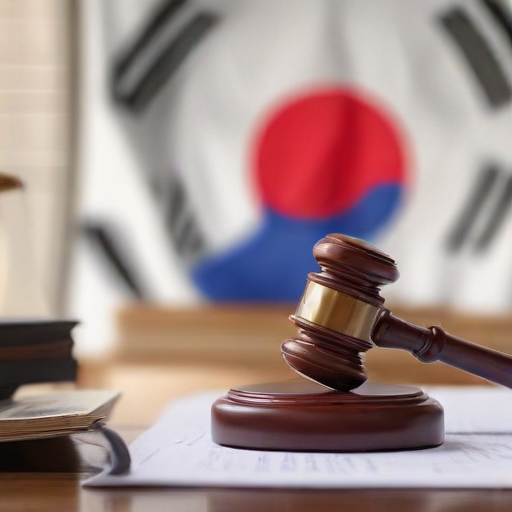Late on Tuesday night, President Yoon Suk-yeol of South Korea surprised many by declaring martial law, only to reverse the decision hours later amidst protests and parliamentary intervention. This quick shift has left Yoon’s political future in jeopardy, with discussions of potential impeachment gaining momentum among opposition lawmakers.
Yoon, a member of the conservative People Power Party, was already considered politically vulnerable after the opposition Democratic Party secured a legislative majority earlier this year. With his presidency marked by scandals and set to conclude in 2027, this recent mishap—viewed by many as an “inept semi-coup”—has prompted calls for his resignation or impeachment.
Experts express concern over Yoon’s decision, labeling it politically disastrous. Political analysts suggest that his presidency might be effectively over, regardless of whether impeachment proceeds. The process would require a two-thirds majority in the National Assembly and further approval from the Constitutional Court. Currently, Yoon’s Party holds a slender majority, but recent defections showcase the waning support among his ranks, illustrating rising dissent even within his own party.
The move has implications beyond immediate politics. The martial law declaration has unsettled financial markets, exposing vulnerabilities within South Korea’s economy and raising questions about the nation’s international standing. Some commentators perceive this instance as indicative of a fragile democracy.
However, despite the tumultuous events, there is a silver lining. The swift public outcry against authoritarianism and the quick mobilization of South Korean politicians through constitutional channels signify a robust commitment to democratic values. Experts highlight that, rather than unraveling, South Korea’s democracy shows resilience in the face of challenges, proving that civic engagement and political accountability are deeply rooted in society.
In summary, while the political landscape remains fraught with tension, the response from citizens and politicians alike sends a hopeful message that South Korean democracy can withstand and navigate through crises, ensuring accountability and the protection of democratic norms.
